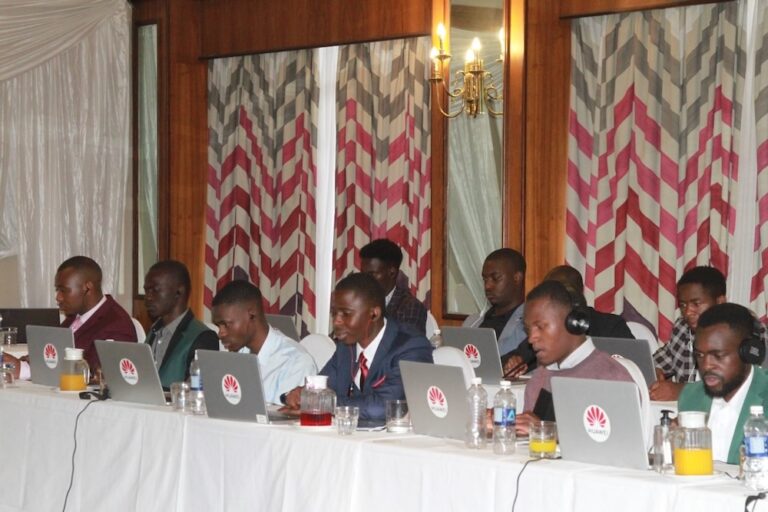As the Zimbabwean public grapples to understand the implications of the government's monetary policy statement announced on 1 October, MISA Zimbabwe explains how the mobile money transfer tax hike will infringe on citizens' digital rights.
This statement was originally published on zimbabwe.misa.org on 3 October 2018.
Electronic communications and transactions have been a convenient source of revenue for African governments looking to expand their tax base.
In that context, Zimbabwe becomes the latest African country to hike tax rates on electronic transactions. This comes after the Zimbabwean Minister of Finance and Economic Development, Professor Mthuli Ncube hiked the tax on electronic transactions from 5 cents per transaction to 2 cents per every dollar transacted electronically.
He made the announcement on 1 October 2018.
In the past year alone Uganda, Zambia, Benin, Kenya and now Zimbabwe, have introduced or increased taxes on either Internet-based communications or on electronic transactions. In the past, taxation was purely an economic issue, but this has since evolved to also include the issue of digital rights.
Electronic transactions refer to most popular forms of alternative payment such as Point of Sale transactions, Real Time Gross Settlement (RTGS) transfers, and mobile money transfers on platforms such as Ecocash and OneMoney.
Electronic transactions have proved to be a robust solution to Zimbabwe’s perennial cash shortages. In other countries, consumers utilise electronic payment methods out of convenience. However, this is not the case in Zimbabwe.
Zimbabwean banks have since mid-2016 been struggling to meet cash demands leaving consumers with no choice but to rely on electronic payment methods. It is estimated that in the past fiscal year alone Zimbabweans conducted transactions worth $1,7 billion electronically.
On paper, taxing electronic communications and transactions makes business sense for governments because of the popularity of these electronic communications and payment methods in African countries such as Zimbabwe. In reality, though these taxes indirectly infringe the right to free expression, access to information, and socio-economic rights.
Electronic transactions as enablers of socio-economic rights
It is an undisputed fact that most Zimbabweans now rely on various forms of electronic transactions to access or pay for basic goods and services such as food, education, and healthcare among others.
Under the new tax arrangement, the government will now take 2% of every amount deposited or transferred into an electronic account; the government will then take a further 2% from every amount transferred from that electronic account.
This will undoubtedly push up the costs of conducting electronic transactions. This increase is likely to limit the number of people who can afford to transact electronically meaning that the electronic transactions tax will take away the main method consumers currently rely on to pay for goods and services.
It becomes a violation of those people’s socio-economic rights when they do not have any other alternative than to transact electronically in order to access goods and services.
Taxation is not a solution
To help ease the costs of transacting electronically, the government through the Posts and Telecommunications Regulatory Authority of Zimbabwe (POTRAZ), reduced the costs of transacting on the Unstructured Supplementary Service Data (USSD) platform from 12 cents per transaction to 5 cents per transaction.
The hike in electronic transaction tax directly reverses any previous government efforts to make electronic transactions more affordable for the consumer. An increase in electronic transactions is actually counter-productive because it pushes transaction costs beyond the reach of most Zimbabweans who were already finding it hard to get by under the previous tax regime.
In Uganda for example, the increase in mobile money transfer tax led to a decrease in the number of transactions completed over mobile money payments. The Ugandan government acknowledged this and eventually reduced the tax imposed on mobile money transfers.
MISA Zimbabwe urges the responsible authorities to reconsider this extreme increase in electronic transactions tax because it will restrict people’s access to basic goods and services. The government must come up with alternative ways to raise revenue in ways that will not adversely affect people’s quality of life.



